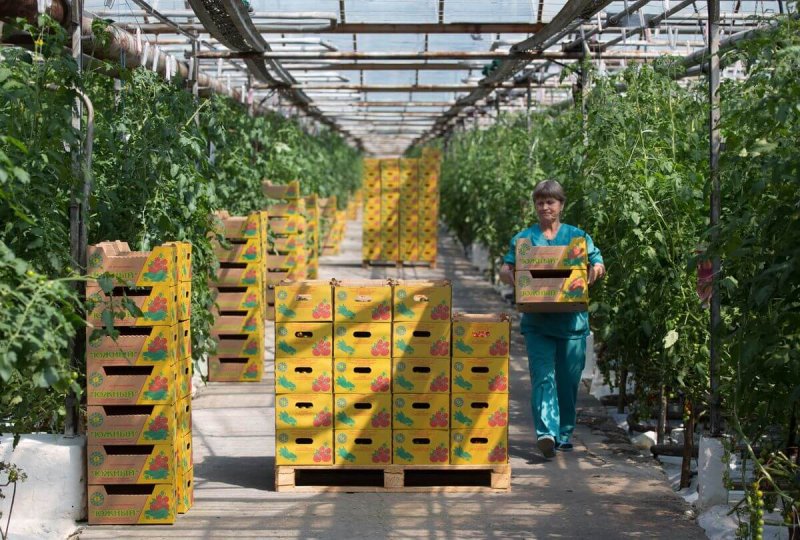Many growers use specialized seeds designed to resist pests, disease and drought, but more than half for some crops come from foreign producers including Monsanto Co. and Syngenta AG that dominate a global market valued at more than $58 billion. Russian firms including Ros Agro Plc and billionaire Oleg Deripaska’s farm unit want to reduce that reliance on imports by creating their own seeds for everything from corn to sunflowers and sugar beets.
…
Foreign companies supply about 80 percent of Russia’s sugar-beet seeds and almost half of corn seeds, the Agriculture Ministry said. Developing better seeds domestically could eventually boost crop yields as much as 20 percent, according to Pavel Volchkov, head of genome engineering at the Moscow Institute of Physics and Technology.
One difference between Russia and the big global seed producers is that it won’t be making seeds by splicing plant genes in a lab. The technology was popularized in the U.S., which now produces most of its corn and soybeans from genetically modified seeds. Russia bans GMOs over perceived risks to health, the environment and biodiversity.
Instead, Russia is working on seed hybrids that can mimic the yield-boosting traits of GMO products but can take as long as a decade to develop.
The GLP aggregated and excerpted this article to reflect the diversity of news, opinion and analysis. Read full, original post: The Plan to Feed All Russians Hinges On Homemade Seeds































